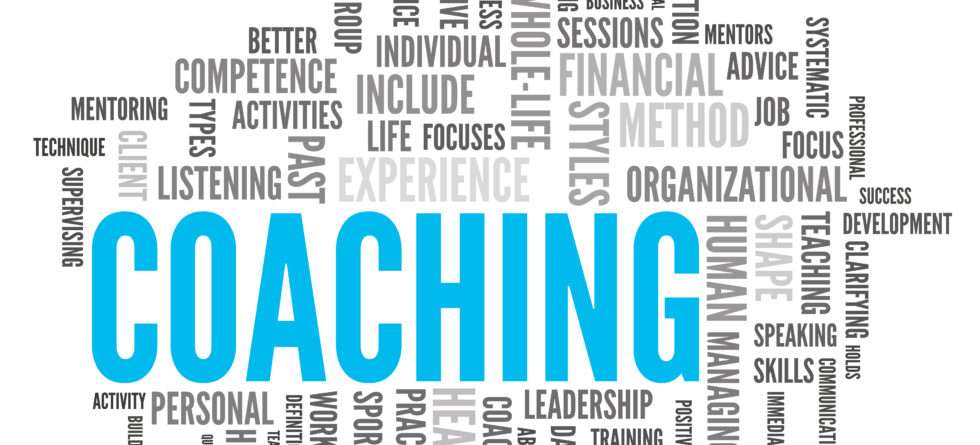Mastering the Art of Conducting a Coaching Session: A Comprehensive Guide
Introduction
Coaching sessions play a pivotal role in personal and professional development, fostering growth and unleashing untapped potential. To ensure a coaching session is effective, coaches must employ a structured approach that encompasses various key elements. In this blog post, we’ll delve into the essential components of conducting a coaching session, highlighting the importance of setting clear objectives, active listening, asking insightful questions, providing constructive feedback, and collaboratively agreeing on action steps.
- Setting Clear Objectives: Begin each coaching session by establishing clear and specific objectives. These objectives serve as the roadmap for the session, guiding both the coach and the coachee toward tangible outcomes. Clearly defined objectives provide focus and help measure the session’s success.
- Active Listening: Active listening is the cornerstone of effective communication in coaching. Coaches must cultivate the skill of listening with full attention, empathy, and without judgment. This not only helps coaches better understand the coachee’s perspective but also builds trust and rapport, creating a conducive environment for growth.
- Asking Insightful Questions: Powerful questions lie at the heart of a successful coaching session. Coaches should hone the ability to ask open-ended and thought-provoking questions that encourage reflection and self-discovery. These questions stimulate critical thinking, leading coachees to explore their thoughts, feelings, and potential solutions.
- Providing Constructive Feedback: Feedback is a crucial element in the coaching process. Coaches should offer constructive feedback that is specific, timely, and focused on behaviors or actions. Positive reinforcement reinforces desired behaviors, while constructive criticism serves as a catalyst for improvement. The goal is to create a feedback loop that fosters continuous learning and development.
- Agreeing on Action Steps: The culmination of a coaching session involves collaboratively identifying and agreeing upon actionable steps. These steps should be realistic, achievable, and aligned with the coachee’s goals. Establishing a clear plan of action empowers the coachee to take ownership of their development and ensures progress beyond the coaching session.
Conclusion
Mastering the art of conducting a coaching session requires a combination of skills, ranging from goal-setting and active listening to asking insightful questions, providing constructive feedback, and defining actionable steps. By embracing these key elements, coaches can create a dynamic and transformative coaching experience that empowers individuals to reach their full potential. Ultimately, the impact of a well-executed coaching session extends far beyond the immediate interaction, shaping the trajectory of personal and professional growth.
Conducting a Coaching Session: Involves setting clear objectives for the session, active listening, asking insightful questions, providing feedback, and agreeing on action steps.







